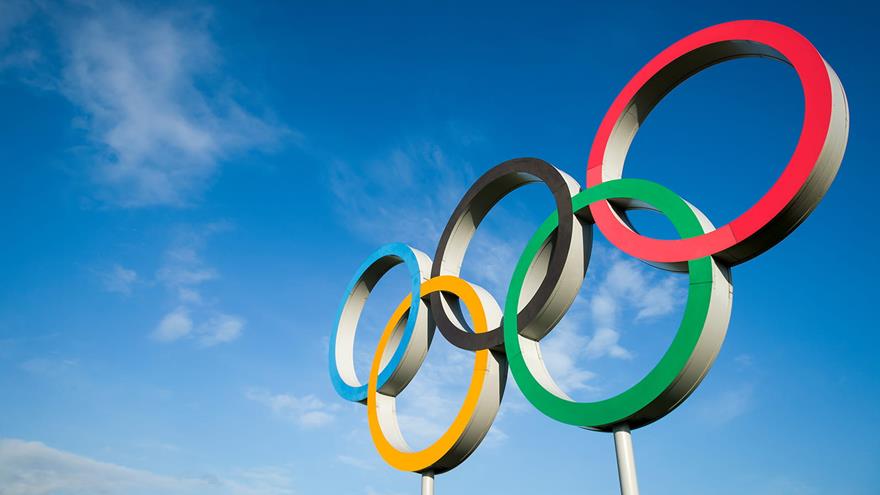How Do 'Snow White,' 'The Bachelor' and More Shape Our Views on Love? A Valentine's Day Q&A With Devon Powers

America is in love with love, and there is no better example of this than Valentine’s Day. With stores filled with red and pink cards and candy, jewelry commercials dominating the airwaves and “Love Actually” on a loop, mainstream culture can certainly influence the way we view love and romance.
With the holiday approaching on Friday, DrexelNow spoke with Devon Powers, PhD, who is currently teaching a course called “Love and Popular Culture.” Powers is an assistant professor of communication in the College of Arts and Sciences’ Department of Culture and Communication, who researches and writes about consumer culture, popular music and the media industries.
The class investigates the role of popular culture in shaping American understandings, experiences and expectations of love, sex and romance. The course encourages a deeper, historically based, critical understanding of why love is such a ubiquitous topic in popular culture and how that impacts any of us who have been or hope to be in love.
The class investigates the role of popular culture in shaping American understandings, experiences and expectations of love, sex and romance. The course encourages a deeper, historically based, critical understanding of why love is such a ubiquitous topic in popular culture and how that impacts any of us who have been or hope to be in love.
What inspired you to create this course?
This is a new class this year, part of an effort to develop some more fun, pop-culture-oriented classes in the communications major. Though I study popular music primarily, I have always been interested in the relationship between love, romantic choice and media. When I was an undergrad, I wrote a paper about the phenomenon of mail-order brides, and I initially wanted to write my dissertation about the personals (though I changed my mind). I’m very excited to finally have a chance to be teaching it.
The way younger generations think about love is so different from that of our parents and grandparents. What are some ways that cultural understandings of love have changed over time?
I think that ideals about love endure over time; what changes are the paths we utilize to get there. Teens of the 1940s and ‘50s went steady; in the 1960s and 1970s, that began to open up, with the legalization of interracial marriage, birth control and abortion, the rise of “free love” and the sexual revolution; today, we tend to think of sex as just one of the many factors that goes into how we determine with whom we couple. Of course, there’s also a ton more openness around sexual orientation and gender expression, though we’re still not to full equality yet. That said, very few people have given up on the idea of what love should be — that’s remained more or less constant since the Victorian period. There’s a reason we still call it romance, after all — dating all the way back to the Romanticism.
Always a hot topic around Valentine’s Day: What is the relationship between love and consumer culture?
One of the topics we addressed very early on in the class was the similarity between love and shopping. Especially today, when apps like Tinder or websites like Match.com literally allow us to “see the merchandise” available at any given time, we tend to think of looking for love as a kind of marketplace. Not to mention all the ways in which it is necessary to have capital in order to date and be desirable. That capital comes in many forms — money, looks, sense of humor, status and so forth. But we’re always “trading commodities,” so to speak.
How do media representations of romantic relationships affect our perception of what a relationship should be?
More than we would want to admit, I think. Many times this term, students have mentioned a specific movie or storyline that struck them emotionally at a young age and impacted how they think about relationships today. This can be all sorts of things, from a fairy tale like “Snow White” to a movie like “Friends with Benefits.” While many of us eventually realize that reality isn’t like the movies, those baseline beliefs are hard to shake fully. Most of us would like to believe that there’s that one perfect person out there for us somewhere, and that when we find that person, we’ll live happily ever after. Even the most cynical popular culture still maintains that premise — there’s a reason why the vast majority of relationships on “The Bachelor” have failed, yet people keep watching and participating.
A huge number of reality TV shows are about weddings — is reality TV fueling our obsession with weddings or is it just reflecting it?
Weddings are a perfect formula for reality TV: They involve drama, family relationships, love, shopping and competition (who looks best in the dress?). I wouldn’t say that reality TV exacerbates our cultural obsession with weddings so much as it reinforces it. But there are lots of other factors at play — for instance, the enormous, aggressive wedding industry; the rise of sites such as Pinterest that allow you to virtually plan a wedding even if you’re not in a relationship; the movement to legalize gay marriage; and the prominence of celebrity weddings.
Is your class doing anything special in honor of Valentine’s Day on Friday?
Each student has a secret Valentine and they will be bringing in cards to class to exchange on Friday. There will be extra credit for the cheesiest Valentine cards and also for the one that best speaks to class themes. I may also bring cookies.
In This Article
Drexel News is produced by
University Marketing and Communications.
